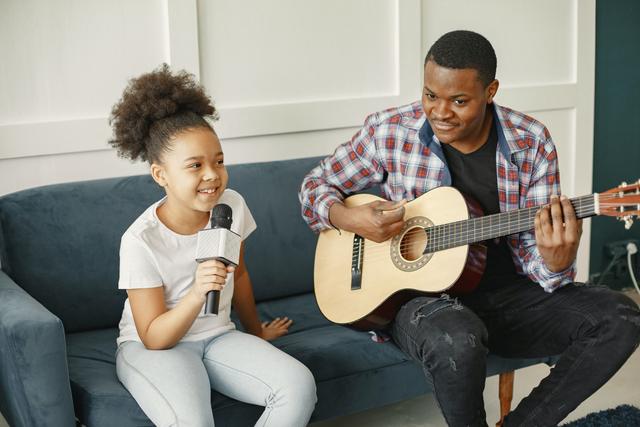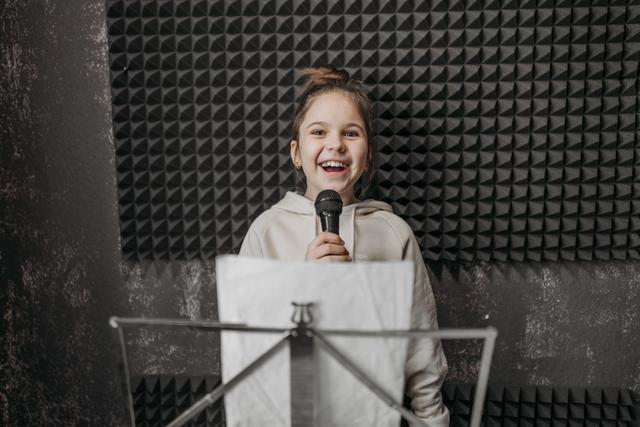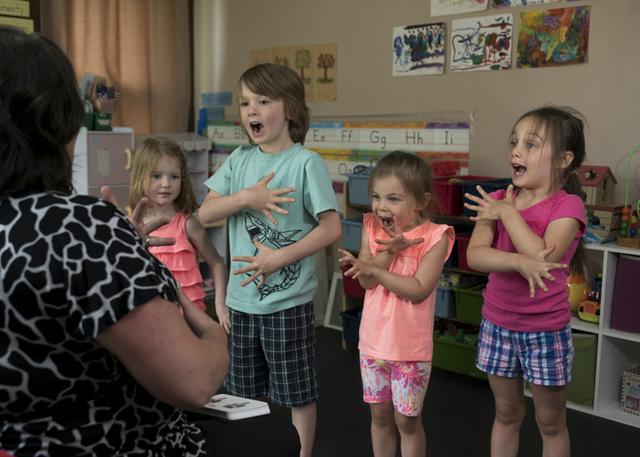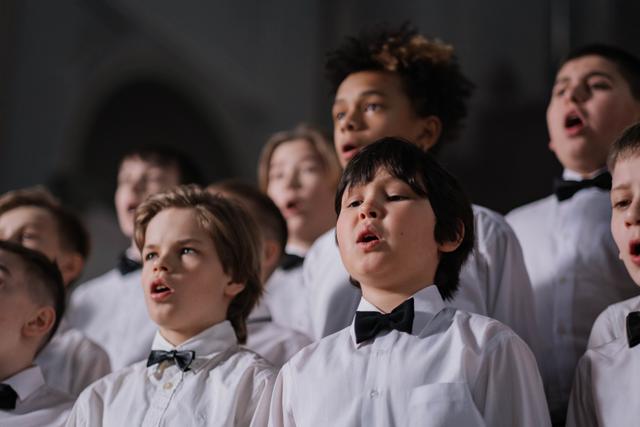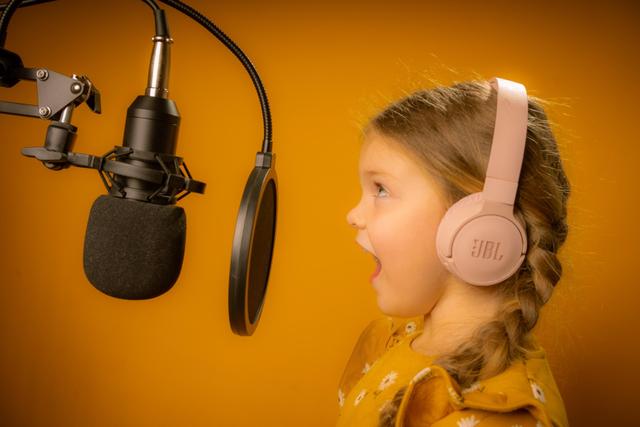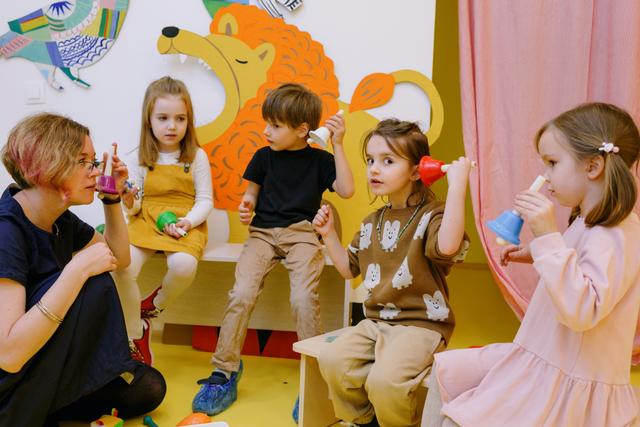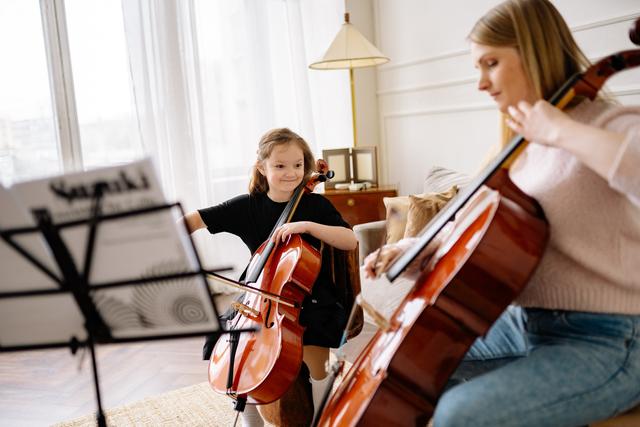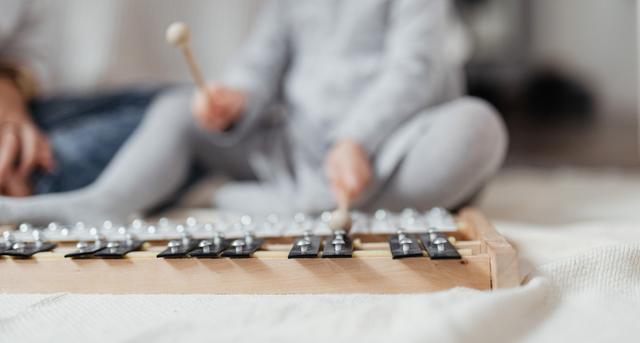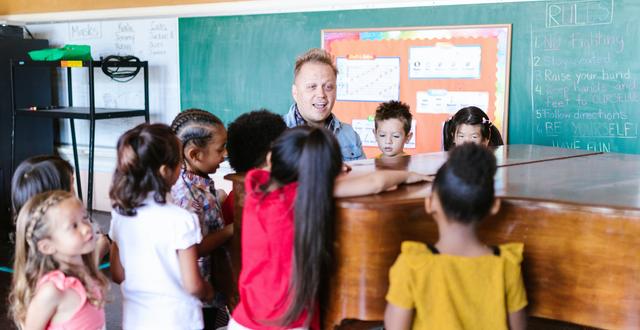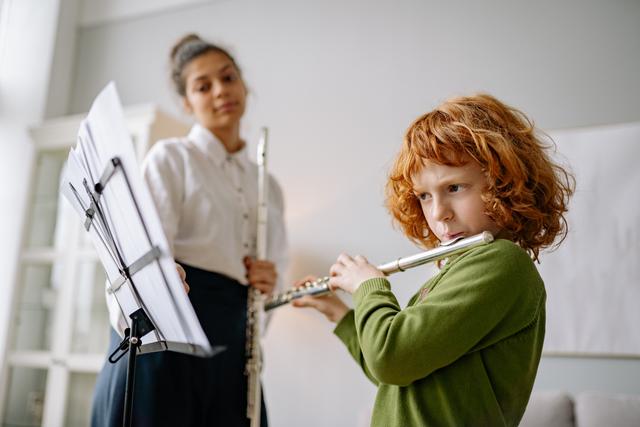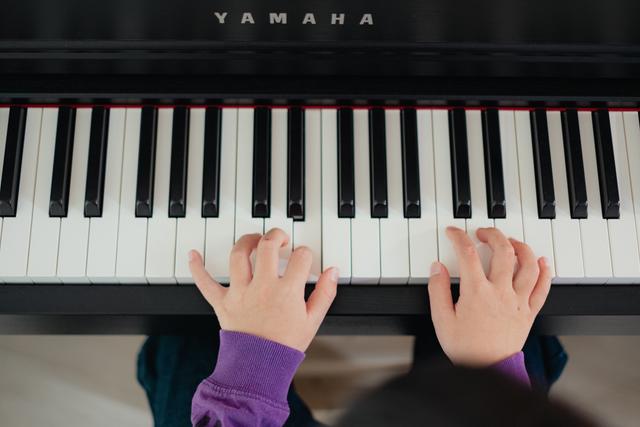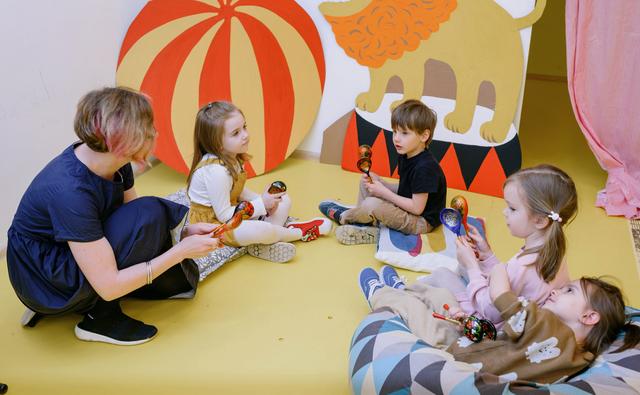Music Articles
Music For Kids In The UK
Music education in the UK has a storied history, creating an environment where children can immerse in a rich tapestry of musical traditions and innovations. The genesis of formal music education can be traced back to the establishment of the National Foundation for Music Education in 1935. This pivotal institution spearheaded efforts to engrain music into the educational ethos of schools, enhancing accessibility for students across the country to learn and develop musical skills.
During the cultural revolutions of the 1960s and 1970s, music's resonance among the youth surged, with rock and pop genres capturing the imagination of a generation. This period saw a transformative change in how music was perceived and consumed by younger audiences, resulting in a more ingrained musical culture amongst British children.
In more recent years, the 2011 introduction of the UK government's National Plan for Music Education marked a renewed commitment to ensuring that every child in England has the opportunity to receive a substantial music education. This initiative underscores the importance placed on music as an integral element of comprehensive education, aiming to foster a nationwide environment where music is both celebrated and promoted as a fundamental aspect of childhood development.
The enduring emphasis on music education is a testament to its recognised value in contributing to the broad educational and cultural development of children. Through varied historical phases and governmental strategies, the priority has remained consistent: nurturing a profound appreciation and understanding of music from a young age. This commitment continues to uplift music education, ensuring it remains a cornerstone of children’s growth and education across the UK.
The Benefits of Music
Participating in music offers numerous health benefits for children, impacting their cognitive, emotional, physical, and academic development. Engaging with music enhances memory, focus, and problem-solving skills, as it activates multiple brain areas simultaneously. This cognitive stimulation is crucial during the early development stages. Emotionally, music serves as a powerful tool for expression, helping children articulate their feelings, foster self-esteem, and refine their social interactions through collaborative performances or group lessons.
Physically, learning to play instruments improves breathing and posture, aside from significantly boosting fine and gross motor skills, which are essential for overall dexterity and coordination. The rhythmic nature of music also aids in developing timing and bodily synchronisation. Academically, multiple studies have shown a correlation between music education and improved performance in core subjects such as language and maths. This academic uplift is attributed to the disciplined practice of music, which translates into enhanced concentration and analytical skills.
Overall, the incorporation of music into a child’s routine can lead to a healthier, more balanced lifestyle, paving the way for better academic achievements and well-rounded personal development.
FAQs
Q1: At what age should children in the UK start participating in music activities? A1: Children can start engaging with music from a very young age, but structured lessons typically begin around age 5-6. This coincides with their developing attention span and fine motor skills, which are crucial for playing instruments.
Q2: What are the proven benefits of music education for children? A2: Music education offers comprehensive benefits, including enhanced cognitive development, better academic performance, improved motor skills, and positive emotional and social growth. It fosters critical thinking and creativity while also helping children manage their emotions and develop a sense of cultural appreciation.
Q3: How does participation in music influence a child's academic performance? A3: Regular participation in music has been shown to boost children's academic performance, particularly in areas like language development and mathematics. The skills acquired through music, such as increased concentration and discipline, directly translate to better performance in academic settings.
Q4: What resources are available for children interested in music in the UK? A4: The UK offers numerous resources for young musicians, including music schools, community programmes, and online platforms like Hoop.co.uk that list local music activities. Many schools also offer music programmes as part of their curriculum, supported by national initiatives like the National Plan for Music Education.
Q5: Are there any health considerations parents should keep in mind when their children are involved in music? A5: While music is largely beneficial, it's important to monitor the physical aspects of playing instruments, especially regarding posture and repetitive strain injuries. Ensuring that children take breaks during practice sessions and maintain a correct playing posture can help prevent potential issues. Additionally, hearing protection should be considered, particularly for those playing loud instruments or involved in large ensembles.
